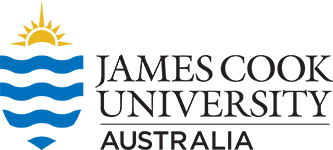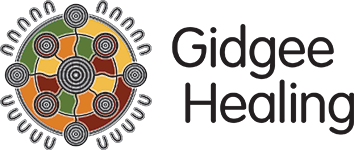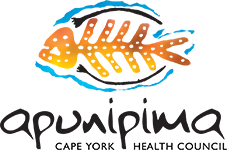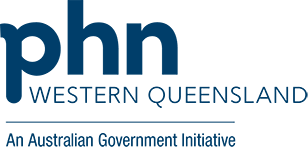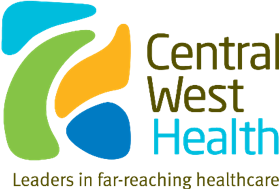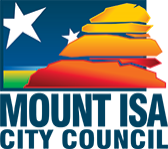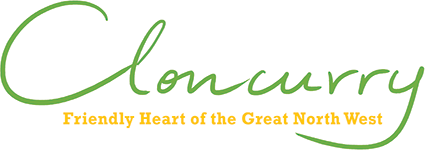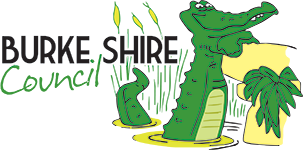Quicklinks

Our conference theme, Keeping on Track for Health Equity in the Bush, is aimed at bringing together clinicians, academics, and researchers who are working or interested in rural and remote health.
This theme will form the basis of the conference program, and will allow the sharing of research, experiences and practices that are designed with the aim to continue working towards improving health equity for all people living in the bush.
Abstract Topics for AYRI 2025
Submitted abstracts should be relevant to the AYRI 2025 conference theme, “Keeping on Track for Health Equity in the Bush”. Presentation topics include:
- Aboriginal and Torres Strait Islander health and wellbeing
- Engaging and empowering peoples and communities for health research
- Addressing health inequities in rural and remote geographies
- Building and strengthening the rural and remote health workforce
- Innovative rural/remote service delivery and practices
Abstracts can be submitted for completed projects or projects that are still in-progress. Presenters may submit more than one abstract for consideration but are limited to one abstract per topic category.
Abstracts should be submitted using the abstract submission form. Please email your completed abstract submission form to ayriconference.micrrh@jcu.edu.au
The deadline for abstract submission is 5PM (AEST) 14/04/2025 EXTENDED until 5PM Monday 28/04/25.
Key Dates
Call for abstracts opens
March 3rd, 2025
Abstract submissions close
April 14th, 2025
Extended until Monday 28th April!
Abstract acceptance notifications
Friday May 9th, 2025
Registrations open - date TBA
'Early Bird' registrations
$550.00 inc. GST (3-day)
Standard registrations
$650.00 inc. GST (3-day)
$220.00 inc. GST (1-day)
Abstracts are invited to be submitted for the following presentation options
Individual or group oral presentations
- 15 minute presentation, plus 5 minutes question time
Lightning presentations
- 5 minute presentation, plus 5 minutes question time
Facilitated poster session
- A0 size, portrait orientation
We encourage students and first-time presenters such as clinicians and novice researchers to submit an abstract.
MCRRH Research staff are holding abstract writing and Powerpoint presentation workshops for those interested. For more information and to register, please visit our conference information page.
For more information about writing your abstract including abstract structure and guidelines, abstract topics, and review and acceptance, please see below.




